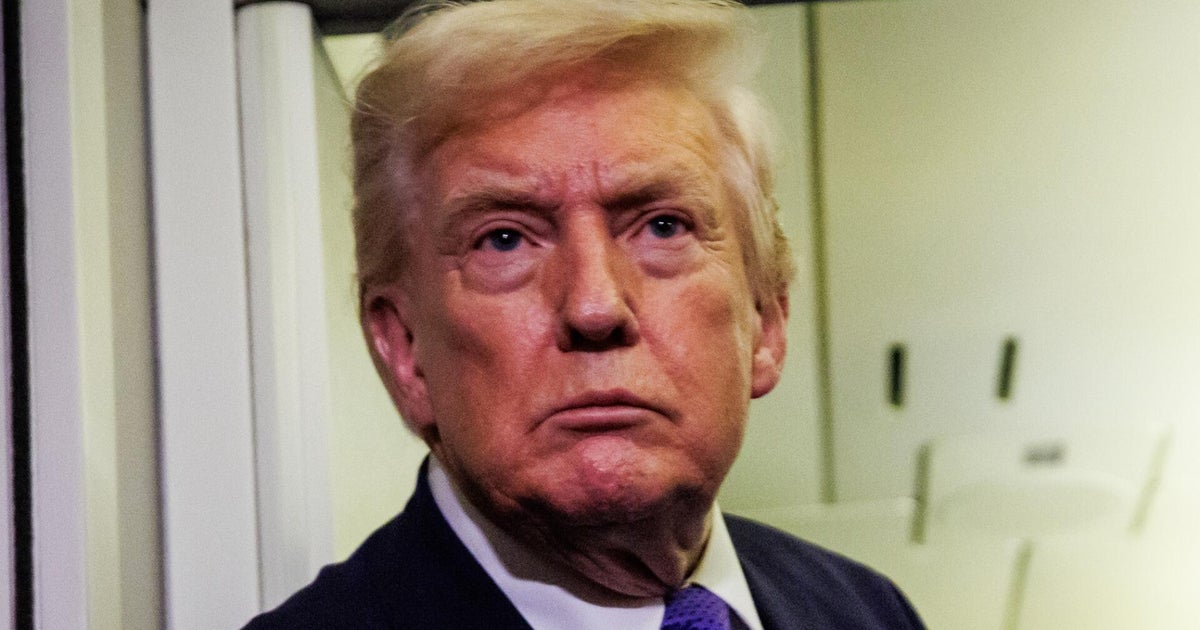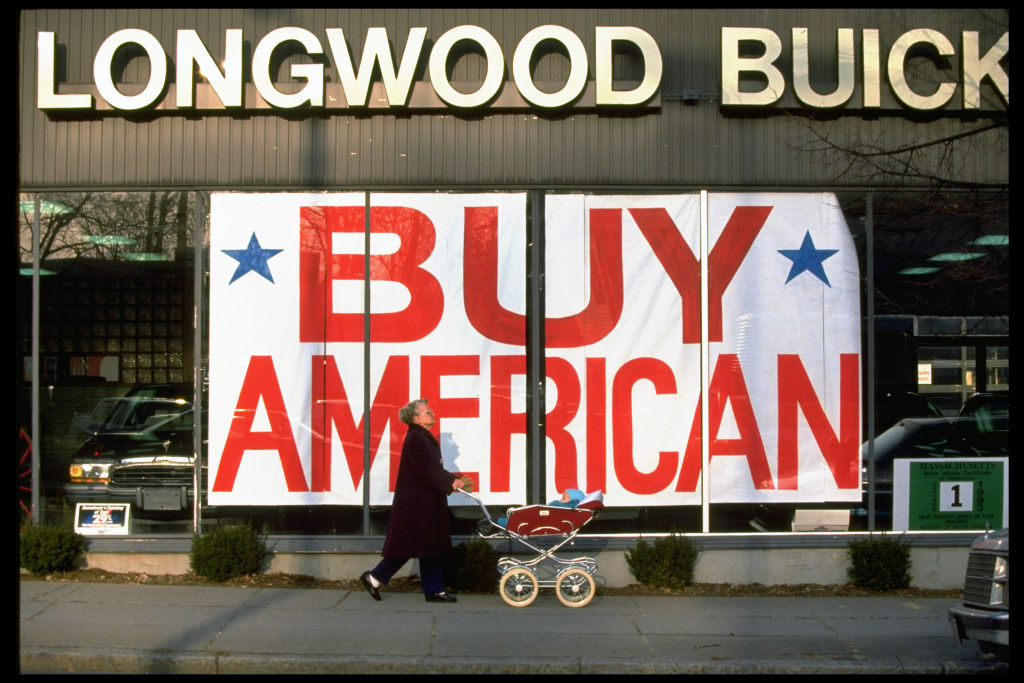Another casualty of Trump's trade war: American denim
America's denim makers are facing a 25 percent tariff imposed by the European Union on the U.S.-made fabric, part of the EU's response to President Donald Trump's protectionist trade policies.
Yet smaller U.S.-based denim companies, many of which focus on higher-end apparel, may suffer more than their bigger rivals. Larger businesses such as Levi Strauss may largely escape the impact of the tariff since most of their products are made overseas and wouldn't be subject to the EU's tariff, which went into effect in June.
"If Levis or Lee and Wrangler or another U.S. jeans brand … are exporting those jeans from China and Bangladesh or elsewhere into Canada it will not count as a U.S. export, even though it's a sale for Lee or Wrangler or Levi," said Nate Herman, senior vice president of supply chain at the American Apparel & Footwear Association, in an interview with CBS MoneyWatch. "It will count as an export from China or an export from Bangladesh."
That doesn't mean big denim makers won't feel some pain in the trade war, however. China is levying tariffs on U.S. cotton, which is used in China to manufacture jeans and other apparel for U.S. companies.
To be sure, blue jeans are a tiny U.S. export. Sales to Canada, the largest market, were more than $40 million in 2017, according to trade data.
Before trade tensions rose, some U.S. denim companies had been hoping to boost their presence overseas. Raleigh Denim co-founder Victor Lytvinenko said he had expected to have a "good year" and had planned to attend a trade show in Europe to find new prospects. Now, the 38-year-entrepreneur isn't sure it's worth attending. Europe was already a tough market for denim makers because of a previous 12 percent tariff. The new 25 percent duty will push the total import tax to 37 percent.
"We have really invested our time and our lives in making some of the best jeans in America," Lytvinenko said. "We are here because this is where we live and we want to control our manufacturing."
Levi Strauss, whose name has been synonymous with jeans since the 1849 California Gold Rush, has about a dozen U.S. suppliers that make both Levi's and Dockers products, such as Levi's Vintage Clothing and some special collections. The San Francisco-based company has a 26-nation supply chain that includes businesses in Bulgaria, Pakistan and China. No one country accounts for more than 20 percent of its production, per company policy.
"It is American brands, workers, and consumers that ultimately suffer when countries apply tariffs to address trade disputes," Levi Strauss said in a statement.
VF Corp didn't respond to a request for comment. VF Corp. operates manufacturing sites in the U.S., Mexico, Central America and the Caribbean. Its American-made products include the Wrangler 1947 Limited Edition Straight Leg Jeans, the North Face's 78 Duffle Large Bag along with some boots made by its Timberland outdoor apparel brand.
As Bloomberg News noted, the U.S. denim industry was struggling before the trade war began. Two major denim mills have closed including Cone Denim's plant in Greensboro, N.C., which was the last American factory to make high-end denim fabric on a large scale. Several factories in Los Angeles shuttered their doors and move to Mexico after California raised its minimum wage, the publication said.



